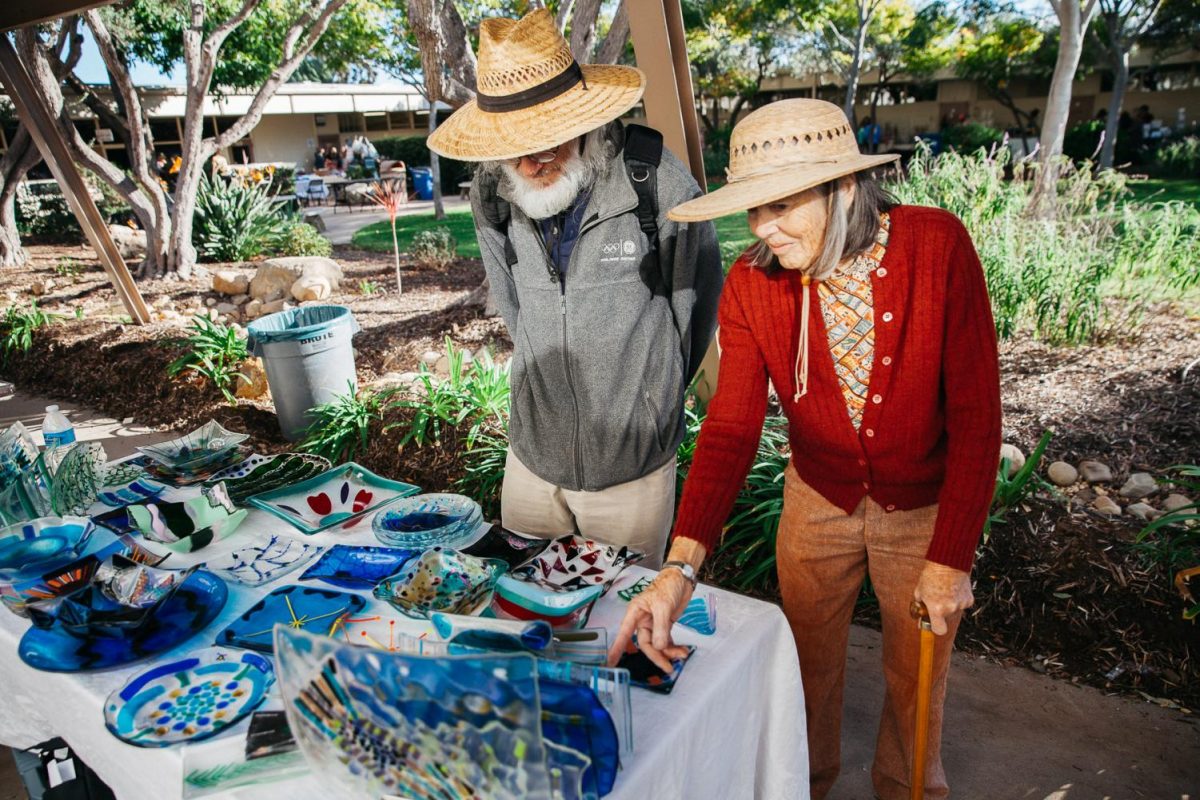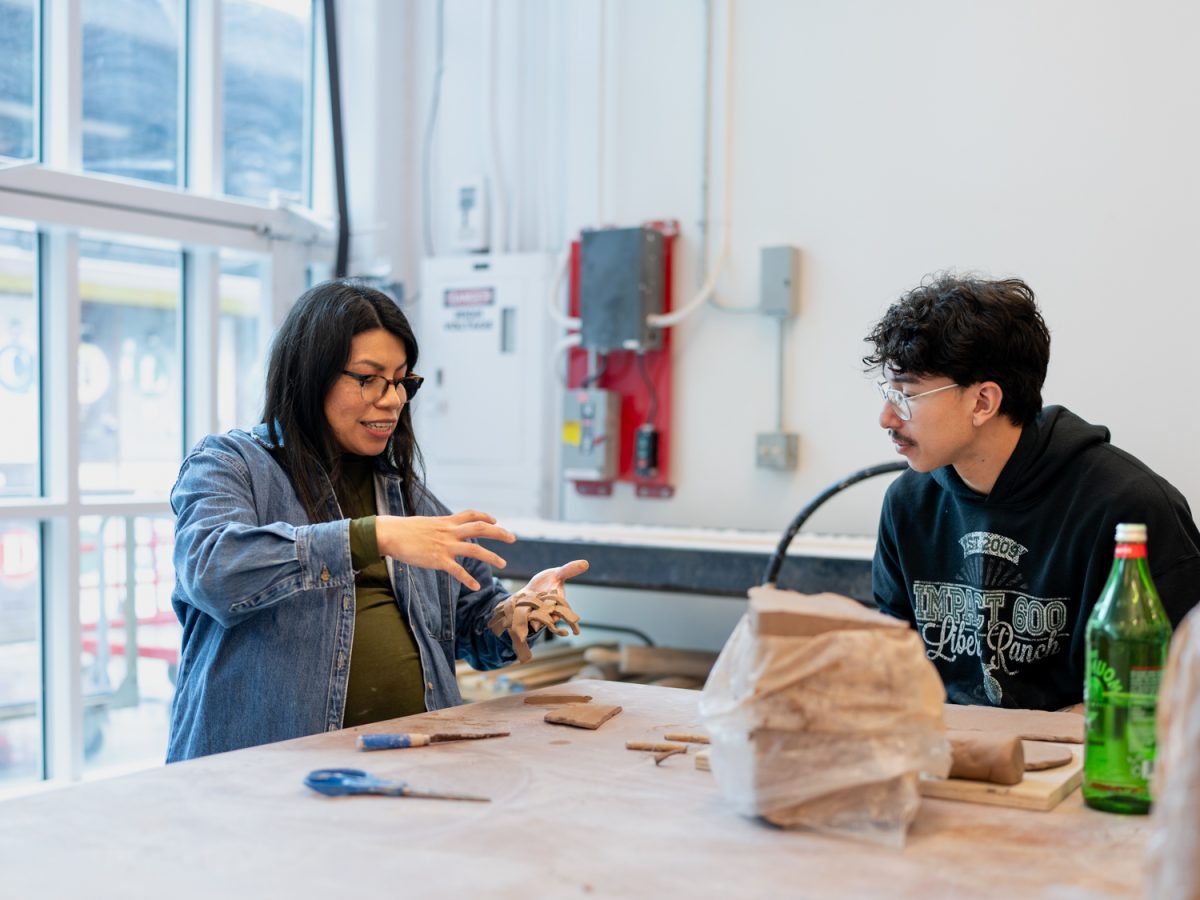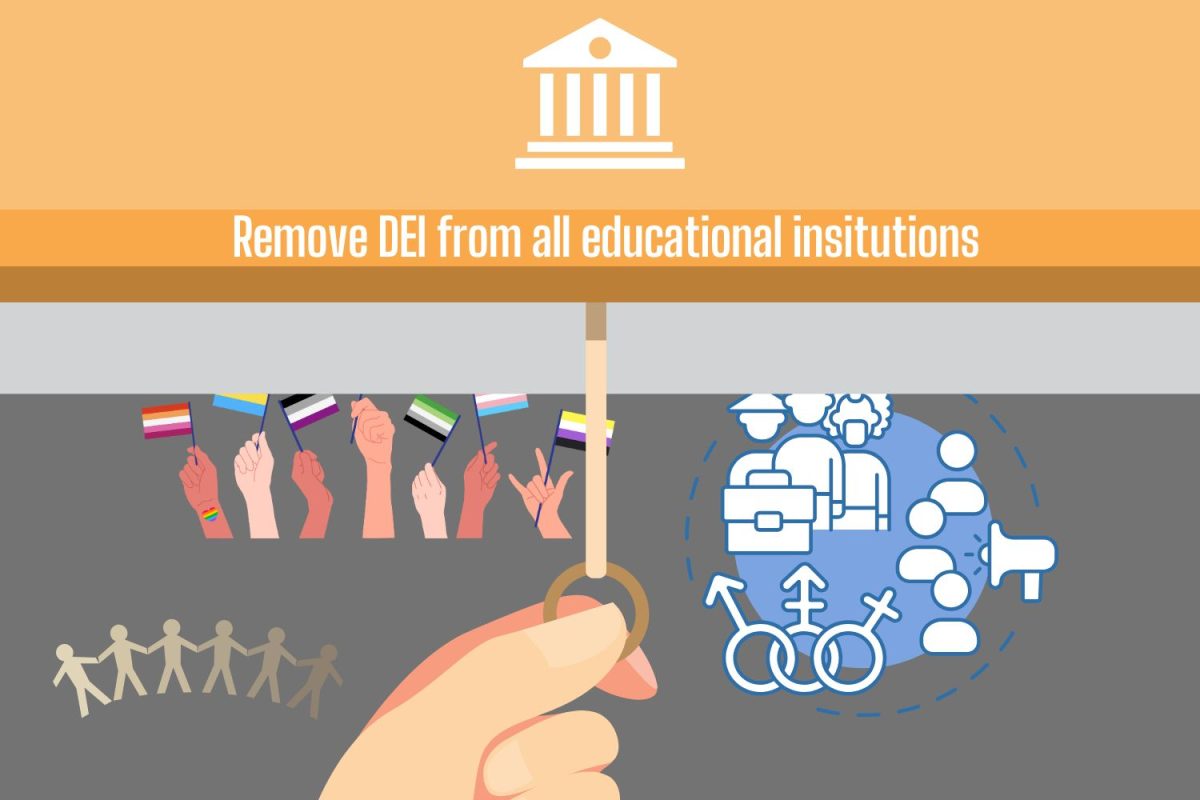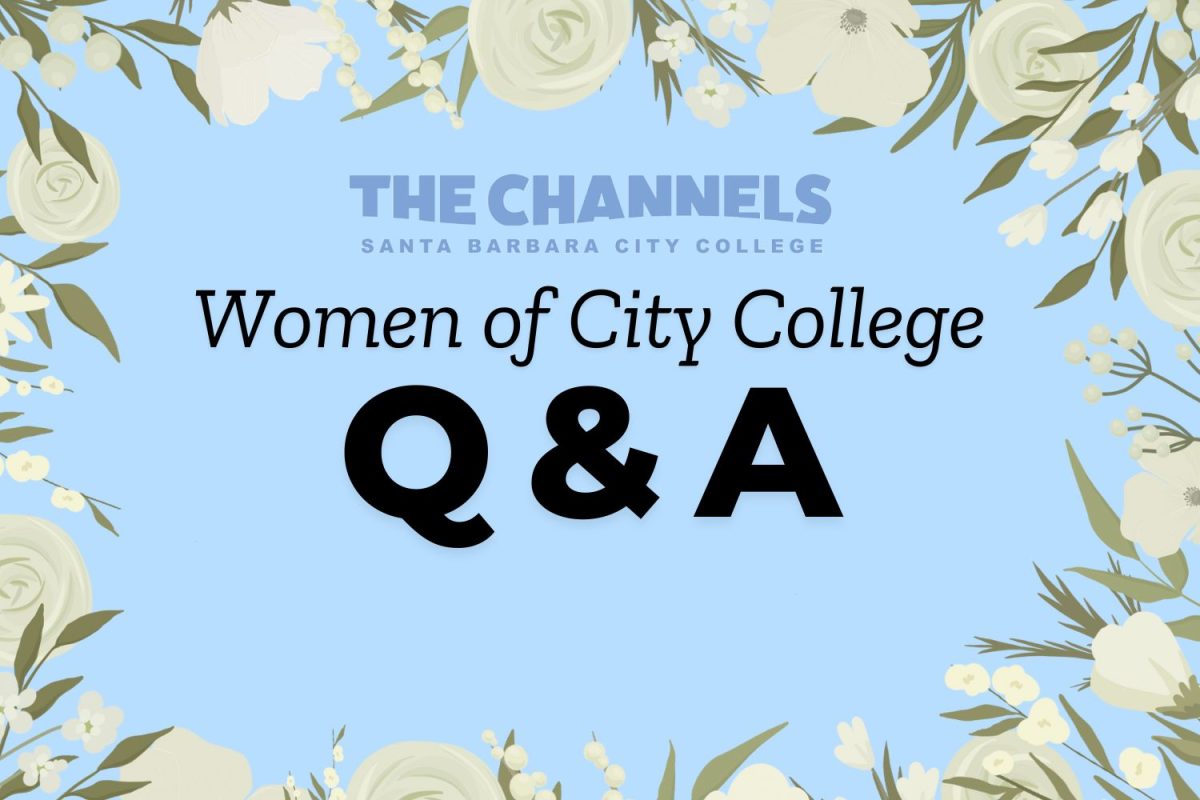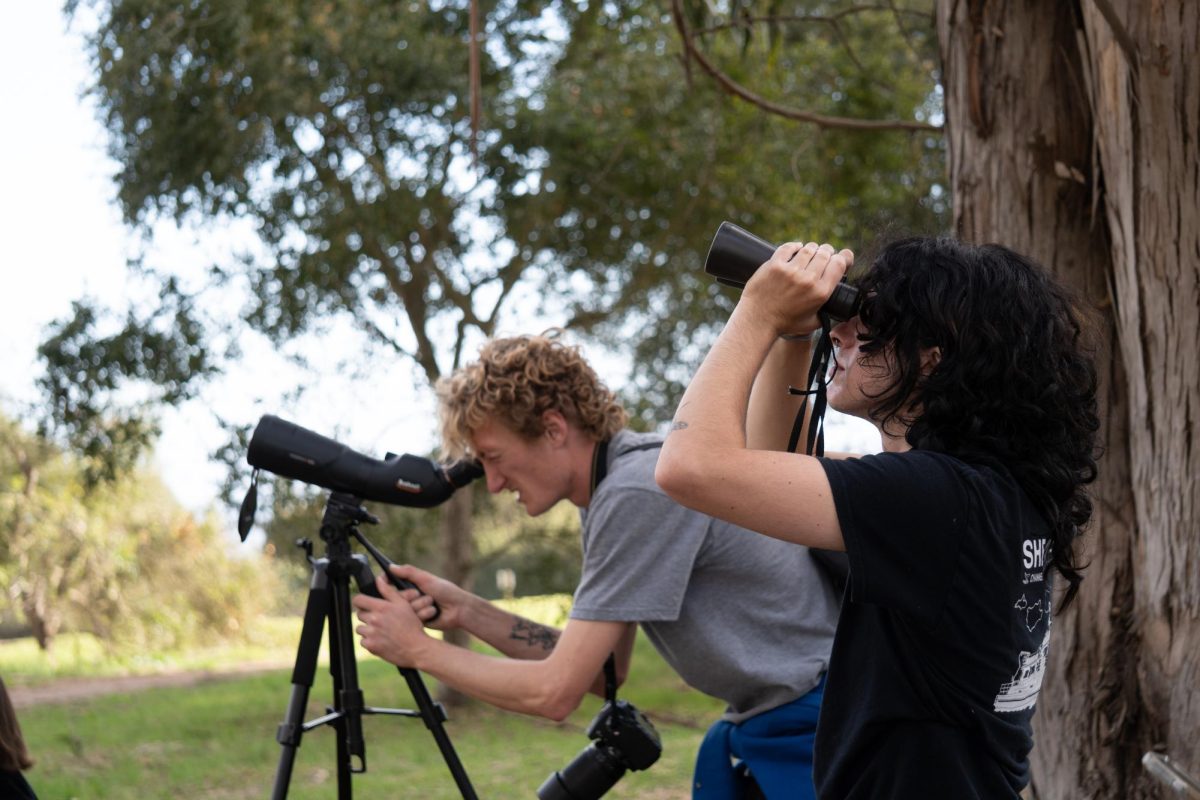Faculty members at City College are working with alternate, “non-cognitive” teaching methods to better serve students and improve learning success.
“Teaching is an evolving role,” said psychology Professor Leida Tolentino.
“You’re always learning how to do it better. I don’t think anyone really arrives at being the perfect teacher in their career.”
Elizabeth Imhof, director of faculty development, has been working with faculty members for several semesters on a collaborative project to introduce non-cognitive teaching into classrooms on campus.
“‘Non-cognitive’ is actually a pretty bad term for it,” Imhof said. “You can’t do anything without cognition. Your brain doesn’t work without using your brain.”
Imhof explained that affective learning— as she likes to call it— is an alternative educational approach that strives to give students foundational skills like mindfulness and social-emotional communication in order to help them understand course content.
Part of the affective learning approach is also about rethinking old teaching models that reflect the one-size-fits-all mindset.
Affective learning uses neuroscience and neuroimaging to show students how they might learn more effectively. They also incorporate “cultural wealth and relevance,” meaning they consider the students’ unique cultural backgrounds when planning lessons and assignments.
Imhof shared a story about Pam Guenther, a City College math professor who implemented an affective-learning concept called “growth mindset” in her classroom.
By showing her students how brains actually learn and develop, Guenther worked to dispel the illusion in her students’ heads that one simply is or isn’t a “math person.” This improved her students’ performance in the class.
Another professor, Raeanne Napoleon, used the affective-learning method of “struggle stories” in her chemistry classroom to deconstruct the notion of genius. Brain-learning science shows that students who believe in the concept of genius don’t learn very well, Imhof explained.
“Albert Einstein failed many many times. He couldn’t do all the math so he had to go to friends of his who helped him through it,” Imhof said.
“There are wonderful things that we don’t know about what got Albert Einstein to his genius, and how that was a collaborative process,” she said.
A special attention to collaboration is one of the largest components of affective learning.
“The philosophy is to reach the whole student,” said Tolentino.
Tolentino is a facilitator for the Affective Learning Institute, an intensive three-day workshop held every semester—by faculty, for faculty—that’s dedicated to exploring and exchanging affective-learning methodologies.
“It’s a holistic approach,” Tolentino said. “We’re not simply conveying information or knowledge. We are trying to involve all the domains of a developing human being, including the social-emotional aspect.”
Tolentino’s role within the faculty workshop is to present research findings about learning and memory, but she is also a participant.
The workshop allows her to connect with other faculty members to discuss the most effective ways she could teach and test her students.
Tolentino said the workshop has also helped her humanize her students and take an interest in their personal lives, which inevitably find their way into the classroom.
Affective-learning practitioners try to meet the students where the students are by making the content relevant, interesting, and useful to them, Tolentino said.
“One of the biggest things that you can do for a student is inspire them, to ignite the fire within rather than fill the bucket,” Tolentino said.
The Affective Learning Institute is currently funded by federal grants. The next one will be taking place on campus on Dec. 13-15, with 25 faculty members participating and 10 co-facilitating.
In May, faculty members interested in affective-learning will be going on a retreat, where they will present research, participate in “theater of the oppressed” activities, and discuss inequality in online learning.




